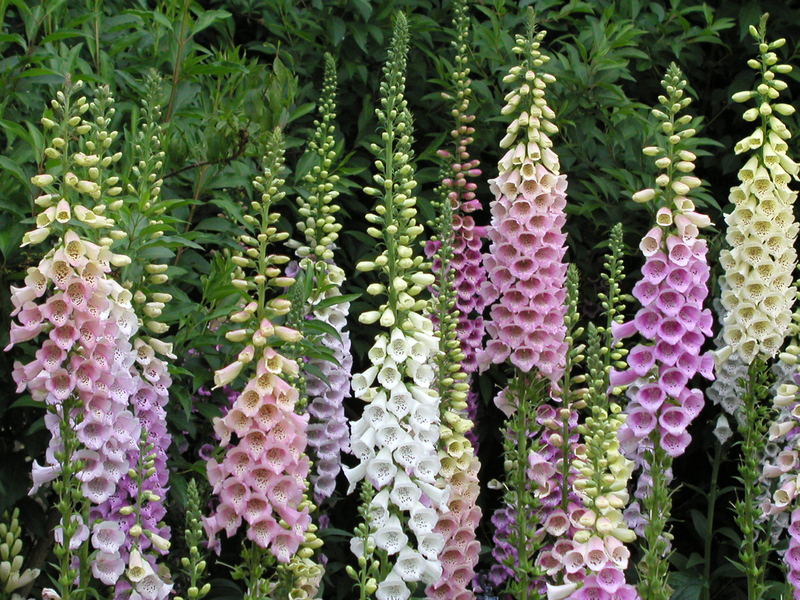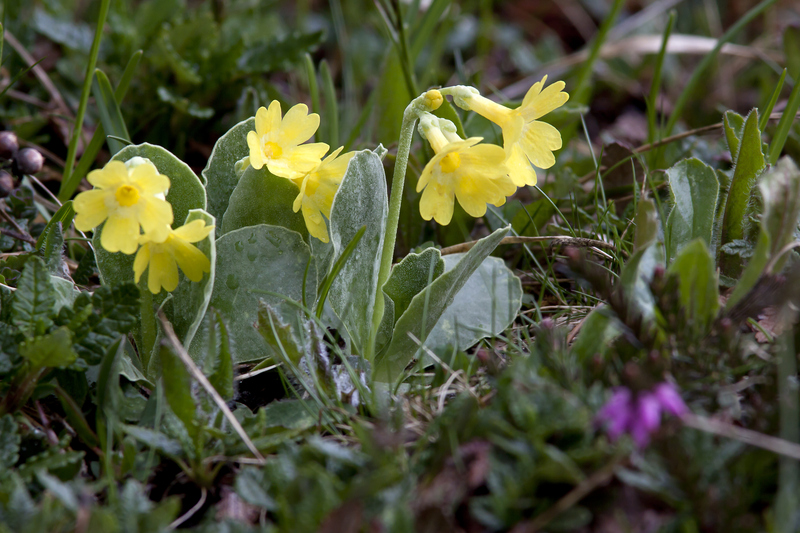Thrive as a New Gardener with 9 Must-Know Tips
Posted on 24/05/2025
Thrive as a New Gardener with 9 Must-Know Tips
Gardening isn't just about putting plants into the soil; it's a fulfilling journey that connects you with nature, enhances your surroundings, and even improves mental well-being. If you're a new gardener eager to watch your plants flourish, you're in the right place! This comprehensive guide provides you with must-know gardening tips that lay a firm foundation for a bountiful, beautiful garden.
Why Gardening for Beginners is Rewarding
Starting a garden can seem overwhelming, but the benefits far outweigh the initial uncertainty. Whether you dream of vibrant flower beds or a table full of fresh vegetables, learning the basics will help you evade common rookie mistakes. Let's delve into 9 essential tips every aspiring green thumb needs for gardening success!

9 Must-Know Tips to Thrive as a New Gardener
-
1. Start Simple: Choose the Right Plants
As a beginner gardener, resist the urge to grow everything at once. Opt for low-maintenance plants that are suited to your climate and garden conditions. Consider:
- Sunflowers, marigolds, or zinnias for bright annuals
- Herbs like basil, mint, and parsley
- Leafy greens such as lettuce and spinach
-
2. Understand Your Growing Zone
Your USDA Hardiness Zone determines which plants thrive in your region. Knowing your zone helps you:
- Choose resilient plants
- Time plantings correctly
- Avoid frost damage
-
3. Learn About Your Garden's Sunlight
Sunlight is crucial! Observe your garden spot throughout the day and note where the sun falls. Plants are generally categorized as:
- Full sun: 6+ hours of direct sunlight
- Partial sun/shade: 3-6 hours
- Full shade: Less than 3 hours
-
4. Prepare Rich, Well-Drained Soil
Healthy soil is the foundation of every thriving garden. Test your soil for pH and nutrients, and amend as needed with compost or organic matter. Good soil structure retains moisture but drains well, preventing root rot and disease.
- Dig in compost for nutrients
- Add mulch to retain moisture and deter weeds
- Avoid compacting soil by walking only on designated paths
-
5. Master Proper Watering Techniques
Overwatering is a frequent beginner gardener mistake. Plants need consistent but not excessive water. Best practices include:
- Water early morning (reduces evaporation and disease risk)
- Water the soil, not the leaves
- Use a soaker hose or drip irrigation for even moisture
- Check if soil feels dry before watering again
-
6. Feed Plants with the Right Fertilizer
Just like us, plants require nutrients for healthy growth. Choose a balanced, slow-release fertilizer tailored to your plant types. Organic fertilizers, like compost or worm castings, promote soil health and strong root systems.
- Read labels--avoid over-fertilizing, which can burn plants
- Feed more during the active growing season
-
7. Stay on Top of Weeding and Pest Control
Weeds compete for nutrients and water. Regularly pull weeds (especially young ones) by hand or with a hoe. For pest control:
- Encourage natural predators (ladybugs, birds)
- Avoid broad-spectrum pesticides
- Inspect plants for signs of pests--discoloration, holes, or sticky leaves
-
8. Prune and Deadhead for Healthy Growth
Pruning helps plants thrive. Deadheading (removing spent flowers) encourages more blooms, while pruning damaged or diseased limbs improves airflow and strength.
- Use clean, sharp pruning shears
- Prune shrubs and perennials in late winter or early spring
- Remove dead, crossing, or weak branches
-
9. Practice Patience and Learn from Mistakes
Even the most experienced gardeners lose plants or battle unexpected pests. Gardening is a learning adventure! Document what works and what doesn't in a garden journal. Over time, you'll develop green-thumb instincts unique to your space.
- Don't be discouraged by setbacks
- Celebrate even the small victories
- Join local gardening clubs or online forums for support
Bonus: Top Mistakes to Avoid as a New Gardener
- Ignoring soil quality - Healthy soil is non-negotiable.
- Overcrowding plants - Give each plant ample space.
- Planting at the wrong time - Check climate and plant calendars.
- Neglecting plant labels and instructions - These are crucial for proper care.
- Impatience - Remember, beautiful gardens take time to mature.
Gardening Tools Every Beginner Gardener Should Own
- Hand trowel and fork
- Watering can or hose with adjustable nozzle
- Pruners or shears
- Gloves (protect against blisters and thorns)
- Garden rake
- Spade or shovel
Quality tools make gardening easier and more enjoyable. Start with the basics and expand your kit as needed.
FAQ: Growing Confidence as a Beginner Gardener
How much time do I need to dedicate each week?
Most beginners can keep a small veggie bed healthy with 3-5 hours per week. Tasks include watering, weeding, and observing plant health. Gradually increase your commitment as you gain experience!
Should I start from seeds or seedlings?
For quick results, start with nursery seedlings. But if you enjoy watching the entire growth cycle, or want to save money, try sowing seeds indoors early in the season.
Can I garden if I have limited space?
Absolutely! Container gardening, window boxes, and vertical gardens are fantastic options for small patios or balconies. Many herbs and flowers thrive in pots.

Key Takeaways: Thriving as a New Gardener
- Start small and expand your garden as skills grow.
- Pay attention to local climate, soil, and sunlight.
- Follow plant-specific care instructions for watering, feeding, and pruning.
- Keep learning and don't fear mistakes--they're stepping stones to expertise!
Gardening for beginners is about more than just growing plants--it's about cultivating resilience, joy, and a deeper relationship with nature.
Final Thoughts: Start Your Gardening Journey Today!
Embarking on your first season as a gardener is an exciting step. With these must-know tips for new gardeners, you'll sidestep rookie pitfalls and set your garden up for vibrant success. Remember to start simple, nurture your soil, water wisely, and--most importantly--enjoy the process.
Bookmark this guide, share it with fellow gardening hopefuls, and take the first step towards a lush, rewarding garden. Your thriving garden adventure begins now!
Latest Posts
Discover Vertical Gardening Innovations
Enjoy Hassle-Free Gardening with 5 Budget-Friendly Ideas
Building Resilience in Your Garden Against Severe Weather

